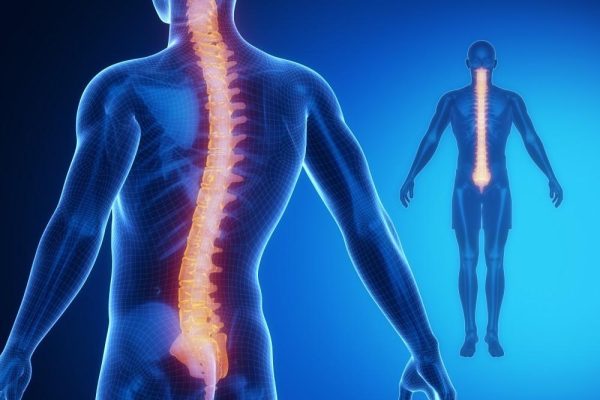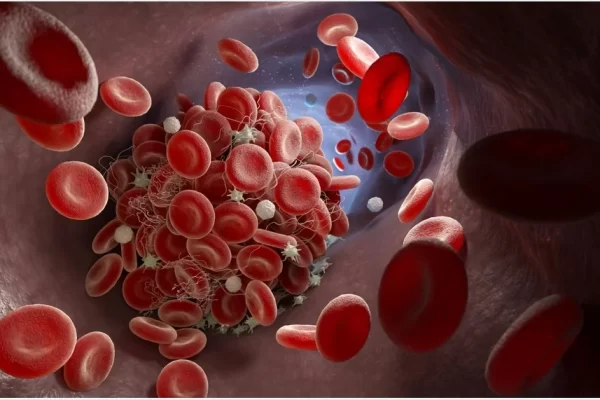Rehabilitation clinics play a pivotal role in society by aiding individuals in their journey toward physical, mental, and emotional recovery. These clinics serve as sanctuaries of healing, fostering hope and offering comprehensive care to people grappling with a myriad of challenges, from addiction to physical injuries and mental health disorders. This article delves into the essence of rehabilitation clinics, exploring their significance, services offered, therapeutic approaches, and the profound impact they have on individuals and communities.
Understanding Rehabilitation Clinics
Rehabilitation clinics encompass diverse facilities tailored to address various rehabilitation needs. These clinics cater to individuals of all ages, backgrounds, and conditions, providing specialized care and support. They are equipped with multidisciplinary teams comprising physicians, psychologists, physical therapists, occupational therapists, counselors, and other healthcare professionals collaborating to devise personalized treatment plans.
Services Offered
The scope of services within rehabilitation clinics is expansive, covering a wide spectrum of healthcare needs:
Physical Rehabilitation: Clinics offer physical therapy for individuals recovering from injuries, surgeries, or those with chronic conditions. This includes exercises, manual therapy, and specialized equipment to improve mobility and function.
Addiction Treatment: Rehabilitation clinics assist individuals battling substance abuse through detoxification, counseling, group therapy, and aftercare support programs, fostering recovery and preventing relapse.
Mental Health Support: Addressing mental health concerns, clinics provide counseling, psychiatric care, and holistic treatments to manage conditions such as depression, anxiety, PTSD, and more.
Occupational Therapy: These clinics help individuals regain independence in daily activities through strategies, adaptations, and exercises tailored to enhance their functional abilities.
Speech and Language Therapy: For individuals with speech impediments, language disorders, or communication difficulties, clinics offer therapies aimed at improving speech and language skills.
Pediatric Rehabilitation: Specialized care for children with developmental delays, disabilities, or injuries is provided, focusing on their unique needs for optimal growth and development.
Therapeutic Approaches
Rehabilitation clinics adopt a holistic approach, recognizing that each individual’s journey toward recovery is unique. They integrate various therapeutic modalities to address physical, emotional, and psychological aspects of healing:
Individualized Treatment Plans: Tailored programs are designed after comprehensive assessments, considering the specific needs and goals of each patient.
Holistic Therapies: These encompass a range of treatments, including yoga, art therapy, mindfulness practices, and acupuncture, complementing traditional medical interventions.
Family Involvement: Recognizing the vital role of familial support, clinics often involve family members in therapy sessions to create a supportive environment conducive to recovery.
Support Groups: Group therapy sessions and support networks within the clinic offer individuals a sense of community and understanding, fostering mutual encouragement and shared experiences.
Impact and Benefits
The impact of rehabilitation clinics extends far beyond individual recovery, positively influencing communities and society at large:
Restored Functionality: Patients regain independence, improving their quality of life and reducing dependence on long-term care or support.
Reduced Healthcare Costs: By facilitating recovery and preventing complications, rehabilitation clinics contribute to cost savings in healthcare expenditure.
Improved Social Integration: Individuals reintegrate into society, contributing meaningfully to their communities, workplaces, and families.
Prevention and Education: Clinics engage in outreach programs, educating communities on preventive measures and promoting healthier lifestyles.
Conclusion
Rehabilitation clinics serve as beacons of hope, empowering individuals to reclaim their lives from the clutches of adversity. Through their holistic and personalized approach, they not only facilitate recovery but also instill resilience and a renewed sense of purpose. As these clinics continue to evolve and expand their services, their invaluable contribution to fostering healing and wellness remains unparalleled in our society.





